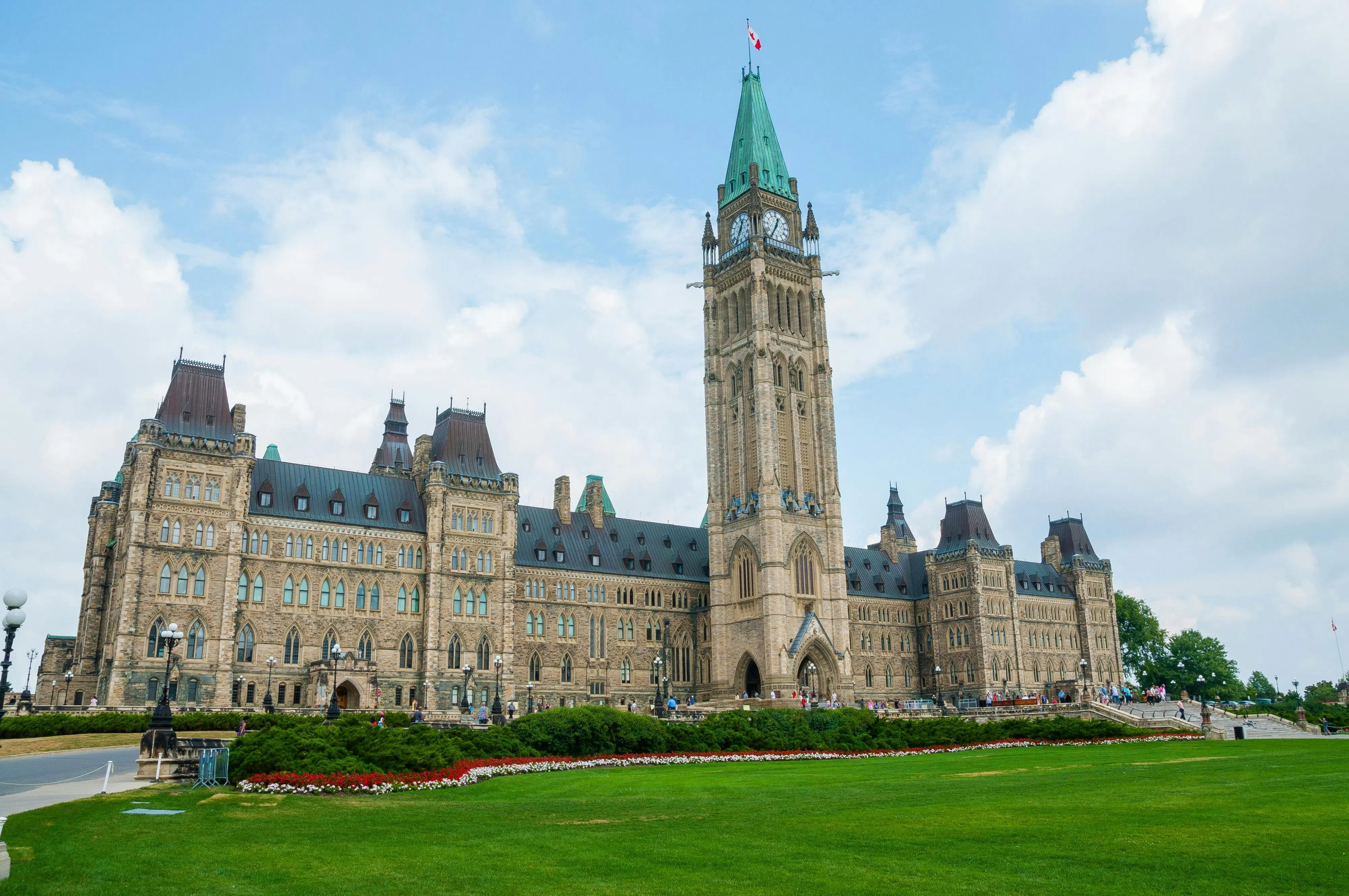
Chrystia Freeland’s surprise resignation as Canada’s finance minister has added political drama to the federal government’s latest fall economic statement, which reveals a $61.9-billion deficit for 2023-24. Freeland announced her decision on social media just hours before the statement’s release on Monday, leaving Government House Leader Karina Gould to table the document in her place.
The 270-page economic update highlights Ottawa’s plans for “generational investments” in child care, dental care, and critical minerals, alongside efforts to secure Canada’s artificial intelligence edge. It also boasts Canada’s success in achieving 2% inflation and becoming the first G7 country to see interest rate cuts. However, the deficit is $21.8 billion higher than last year’s fiscal target.
Freeland’s departure comes amid reported tensions with Prime Minister Justin Trudeau over measures like a two-month GST break and worker benefit cheques. Experts also warn that the government’s financial outlook may be overly optimistic, especially as U.S. President-elect Donald Trump threatens 25% tariffs on Canadian imports.
Despite the challenges, Ottawa maintains that its economic plan provides a solid foundation for growth. Critics, however, are questioning whether the government can meet its financial promises in the face of mounting uncertainty.
Written by: E. Chatwood